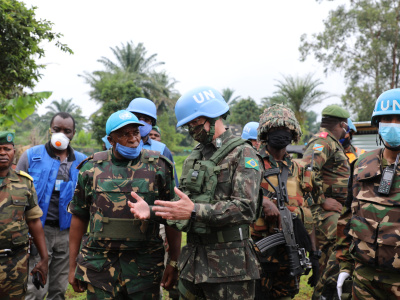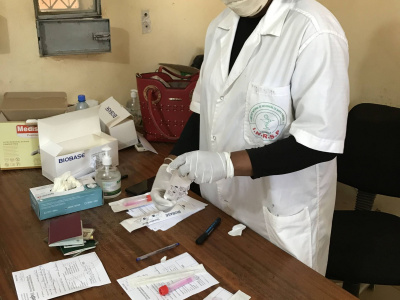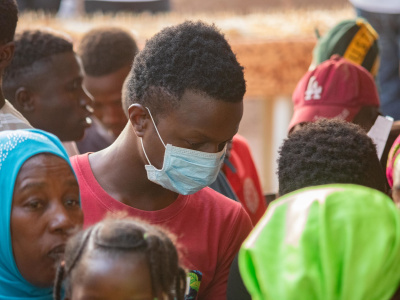
Simmering tensions: The long-term impact of COVID-19 on fragility and conflict in Africa
Existing data suggests that the pandemic could have long-lasting effects on the state of security on the African continent.
Summary
This briefing note looks at the long-term impact of COVID-19 on fragility and conflict in Africa. It follows an earlier brief which analysed the immediate impact of COVID-19 on conflict in Africa between March and June 2020. Responding to the long-term challenges highlighted by the pandemic will require sustained and concerted efforts, particularly ahead of the vaccination campaign expected to start later this year.
Countries across Africa are grappling with the health, social and economic fallout of the COVID-19 pandemic. While some African governments took immediate action in response to COVID-19, others were unable to react appropriately and imposed overly repressive measures, fuelling social discontent. Hence, protests in Africa have seen a sharp rise since the first lockdown. At the same time, Africa presents many examples of rapid interventions by governments, community-level responses and resilience measures.
Although it is too early to fully assess the magnitude of the impact of COVID-19 on fragility and conflict in Africa, the pandemic is presenting long-term socio-economic and political challenges which could have long-lasting implications for fragility and security in Africa in 2021 and beyond.
Based on existing data, we identified four groups of long-term challenges exacerbated by COVID-19, including (1) economic hardships, resource competition and fraying social cohesion; (2) mistrust between citizens and the state; (3) misinformation and disinformation; and (4) domestic and gender-based violence. These long-term impacts could be further compounded by continued COVID-19-induced constraints to peacekeeping operations and peacebuilding processes across Africa.
Photo courtesy of AMISOM Public Information via Flickr.




